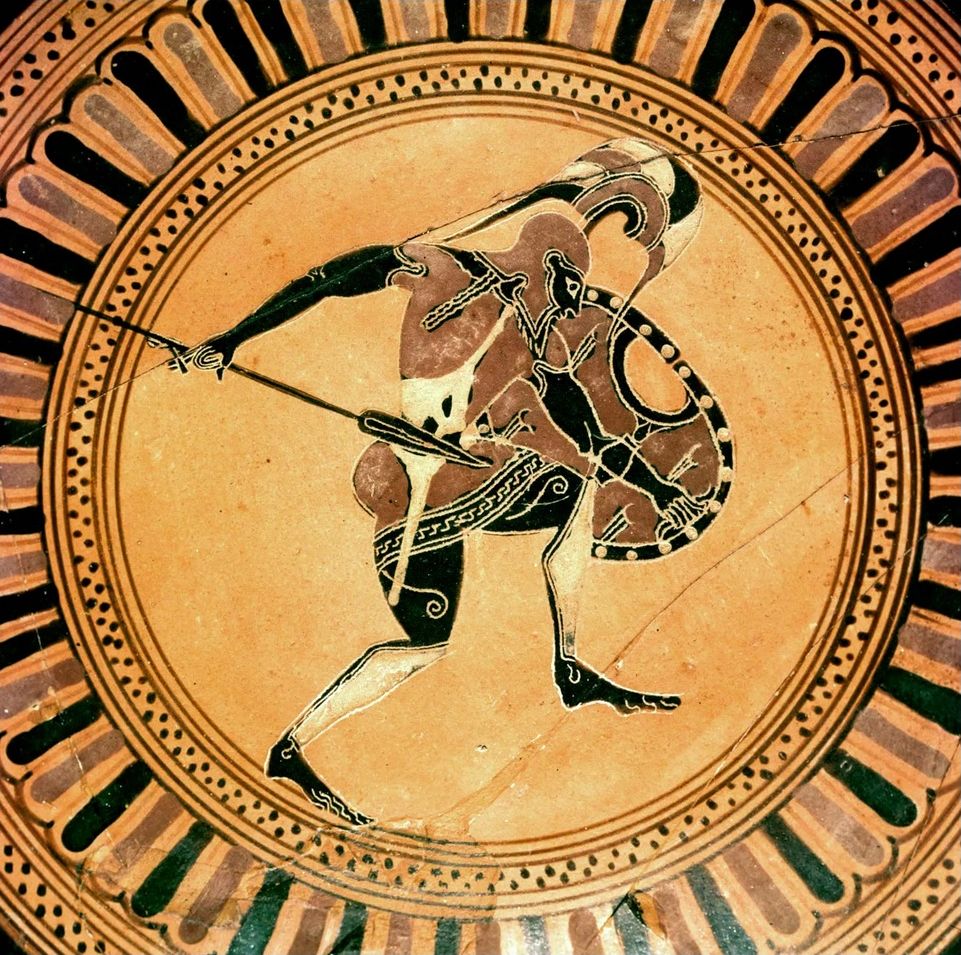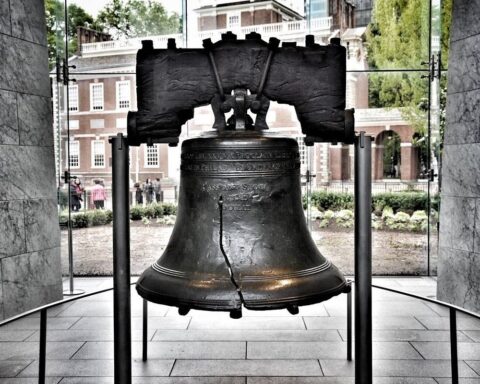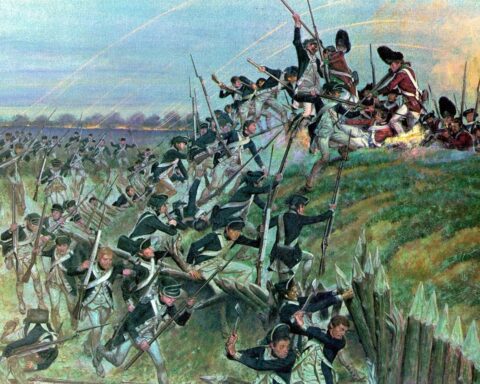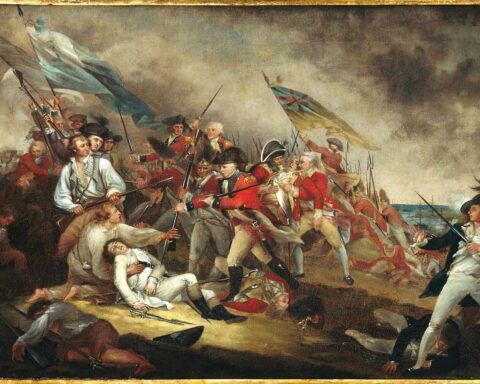Editor’s note: The following is extracted from Political and Literary Essays, by Evelyn Baring, Earl of Cromer (published 1914).
Unless Macedonia be included within the limits of ancient Greece, it may appear, at first sight, a contradiction in terms to speak of Greek Imperialism. Etymologically speaking, the word “Imperialism” connotes, or should connote, the existence either of emperors or, at all events, of rulers under some other name, in whom large, if not altogether despotic, powers are vested. Now, if there is one thing certain about the feelings displayed by the ancient Greeks, and more especially by the Athenians, who of all Greeks developed the most typically Hellenic characteristics, it is their intense dislike to despotic government. The idea which Herodotus (iii. 80) entertained of a king was that he was an individual who subverted the customs of his country, violated women, and put men to death without trial. Euripides, who was a hardy Radical, constantly inveighed against “tyrants,” under whose rule equality would cease to exist; and Aristotle (Pol. iii. 11, 1) could not conceive a king who governed by law. In defiance of etymology, the word “Imperialism” has, however, in common parlance lost its original signification, and is now applied not necessarily to the rule of emperors, but to the spirit of Empire. History, both ancient and modern, shows that this spirit can grow and prosper as vigorously under a republican as under a monarchical form of government. Roman expansion, in its best and most beneficial form, began before the existence of Roman emperors. The British Empire is the outcome of national wants and aspirations, and has been built up often in spite of the personal fears and objections of the rulers of Great Britain. We now, for instance, know that Queen Elizabeth, who ruled when the Imperialist idea first germinated in England, was herself an anti-Imperialist. The advance of democracy has not checked British expansion, neither has the existence of Republican institutions in America prevented the Government of the United States from adopting a policy which may be correctly designated as Imperial.
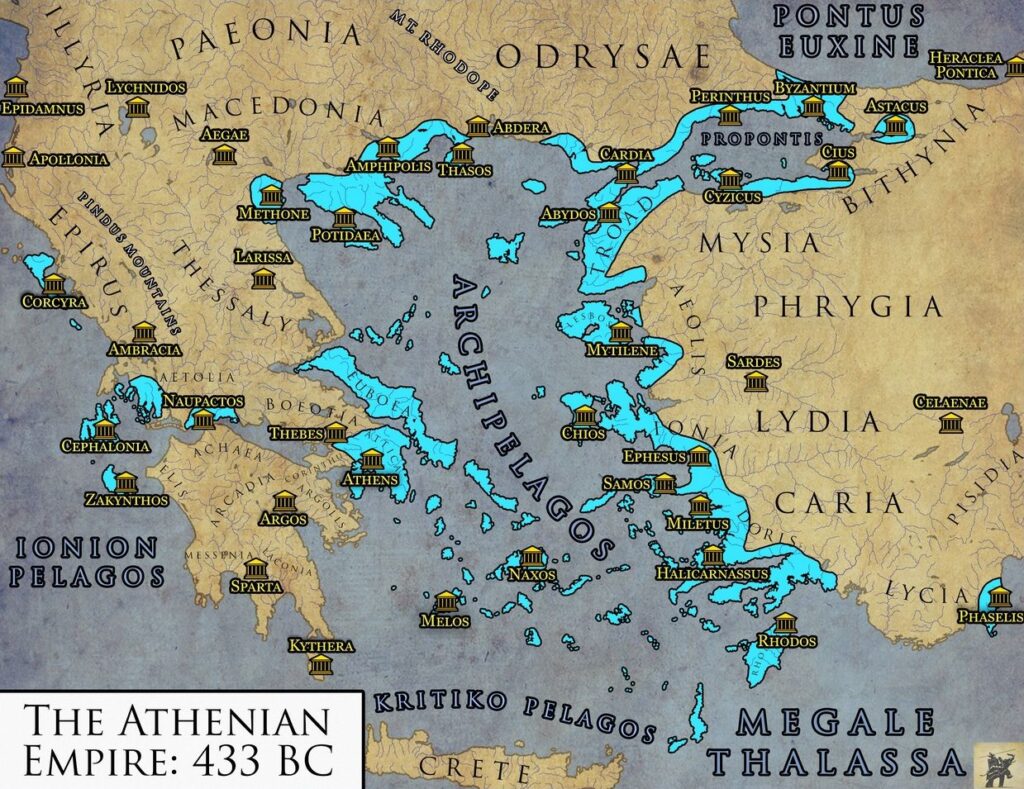
The world is so accustomed to associate Rome with government and Athens with culture that outside the ranks of historical students it is probable that many at times forget that there was a period when the Athenians were the leading Imperialists of the world. A good deal of discussion has taken place, both in ancient and modern times, as to how long the Athenian Empire can be said to have lasted. All authorities, however, agree in taking the year 477 B.C. as the commencement of Athenian hegemony. It was about that time, according to Thucydides (i. 97), that “the Athenians made immense strides in power.” The maintenance of their Imperial position depended wholly on their maritime ascendancy. In 405 B.C. their fleet, which was the creation of one man of genius, Themistocles, was crushed at Ægospotami. If, therefore, that event be taken as the date of the fall of the Athenian Empire, its duration was seventy-two years.
Inasmuch as the possibility of reconciling Imperial policy with democratic principles and institutions is at present one of the most difficult problems of British politics, it might at first sight be thought that the study of the rise and fall of the Athenian Empire would be specially instructive to modern statesmen. We can still learn a good deal from Rome. “Roman history,” Mr. Ferrero very truly remarks, “is for ever modern, because every new age has only to choose that part which most resembles it to find itself.” The early days of Roman expansion were marked by the application of liberal and statesmanlike principles, some of which hold as good today as they did twenty centuries ago, whilst the wide field on which Rome operated and the uniformity of policy which was the outcome of the lack of Roman individualism afford ample opportunities for noting the results attained by the application of those principles. On the other hand, the modern Imperialist has little or nothing to learn from Athens. Athenian policy does, indeed, furnish a certain number of danger signals indicating faults which should be carefully avoided, but circumstances and the trend of political thought have undergone such profound changes since the days of Pericles as to render those special signals scarcely necessary. It may be, as Mr. Ferguson says, that the Imperial experiments of the Greeks “prepared the way for the unification of the ancient world in the Empire of Rome,” but they only did so by affording practical proof that Greek aspirations were unattainable, that Greek Imperial policy was founded on radically wrong principles, and that Greek methods of government were wholly inapplicable to any large, and still more to any scattered, communities of men.
The Athenians endeavoured to reconcile two political ideals which were mutually destructive of each other, namely, the creation of an empire and at the same time the preservation of a fervid but exclusively urban patriotism. Whether, as Fustel de Coulanges supposed, the city-state was an artificial structure based on family and religious associations, or whether its growth was due to other causes, one thing is certain, namely, that at the period when the Athenians grasped at empire, neither practical politicians nor philosophers could adequately conceive any larger political unit than the city. Plato, Mr. Ferguson says, “misread not only the past, but also the future….He tried to mend city constitutions when the world required the creation of large territorial states.” A mere statement of numbers is sufficient to show how wholly incompatible this narrow conception of political life was with the creation and maintenance of Empire. The free and franchised population of Attica in the age of Pericles yielded only about fifty thousand males of military age. On the other hand, “the world which Athens under Pericles sought to dominate must have had a population of over twenty millions.”
In default of the bond of nationality, which could obviously not exist amongst the non-Hellenic subjects of Athens, and which amongst other Hellenes was submerged by the narrow spirit of urban patriotism, the only tie which could unite the mother-country with its dependencies was the need of protection felt by the Greek city-states. The pages of Thucydides afford ample testimony to prove that the main preoccupation of the minor city-states was to make such terms with a powerful neighbour as would, at the sacrifice of a certain amount of liberty, enable them to receive protection against attack from some other powerful rival. Moreover, they were practically forced to side either with Sparta or Athens. When the unfortunate Melians humbly suggested (Thuc. v. 94) that they might be “friends instead of enemies, but in alliance with neither side,” their request was met with a blunt and brutal refusal from the Athenian envoys, who rigorously applied the principle of the French Jacobin, “Sois mon frère, ou je te tue.”[1] Protection against foreign foes constitutes, indeed, to this day one of the bonds which unite the mother-country and the colonies. During the early part of the eighteenth century, when the British colonies in America were frequently threatened by France or Spain, it was a factor of even greater importance than at present. But it is clear that no analogy can be established between colonies who demand protection and those who, as in the case of the Melians, have protection forced on them. How widely the Athenian conception of empire differed not only from that of modern England but also from the statesmanlike principles adopted by the Roman republic is abundantly proved by the utterances of Cleon. “You should remember, ” he said to the Athenians in 427 B.C., “that your empire is a despotism exercised over unwilling subjects who are always conspiring against you; they do not obey in return for any kindness which you do them to your own injury, but in so far as you are their mistress; they have no love of you, but they are held down by force.”
The Athenian machinery for the government of their empire was no less defective than the principles on which it was governed. The sovereign power was vested in the Ecclesia, or General Assembly, and the Heliæa, or popular courts of justice. The latter delegated their power to the Council of Five Hundred devised by Clisthenes, whom Mr. Ferguson designates as “the harbinger of democracy.” Without entertaining into detail as to the functions and mode of appointment of these two bodies, it may be said that Athenian government and administration were based on the wholly false idea that “one citizen was as competent as another for public office,” a theory which found favour with Aristotle, and which was even applied in modern times by that very arbitrary monarch, George III, who, however, albeit he held that “any man was fit for any place he could get,” was nevertheless shrewd enough not to admit of the appointment of any candidate for public office unless he was assured of the orthodoxy of his opinions. The only reason why a system so manifestly defective as that created by the Athenians worked even for a short time was that the practice differed wholly from the theory. Under the influence of high character and commanding ability democracy abdicated its rights and prerogatives. “In form,” Thucydides said, “their government was a democracy; in reality it was the rule of the ablest citizens.” The rule of Demos naturally connotes the existence of demagogues. The Athenian democracy was fortunate for a time in falling under the leadership of a statesman of genius. Pericles, Mr. Gilbert Murray says, dwelt “in austere supremacy,” but he could not dispense with that flattery of the Athenians which they expected, and without which, if Isocrates is to be believed, they were wont to refuse a hearing to any orator. He only, however, used flattery as a means to an end. So long as he was at the helm, Imperialism was controlled by statesmanlike prudence. When his guiding hand was withdrawn, the vices inherent in the system had full play, and the results were disastrous. “It was not democracy itself,” Dr. Adolf Holm says, “which was the cause of the many misfortunes at Athens, but the kind of democracy which the Athenian people wanted and maintained—a democracy with no government apart from the people, and in which the people decided every detail as far as possible.”
Exclusively urban patriotism was destructive of the growth of sane Imperialism. It was not sensibly modified by the creation of the Amphictyonic Council, which, as Professor Freeman has pointed out, partook of the character of an Ecclesiastical Synod rather than that of a Federal Diet, but the creation of the Ætolian and Achaean leagues in the third century testifies to the growth of the federalising spirit. The idea of federation, however, never really took firm root among the Greeks. “Complete disunion,” in Grote’s words, still remained “amongst their most cherished principles.” Distrust of anything approaching to the one-man rule is clearly shown in the provision made in 255 B.C. that the office of the head of the league could only be held by the same individual for one year. Eventually all these hesitancies, suspicions, and local jealousies were crushed out by the heavy hand of Rome. Not only Greek Imperialism, but also Greek nationality succumbed, and the Hellenes entered upon the task which was in reality more suited to their national genius, namely, that of educating their conquerors. Rome, it has been truly said, “conquered the world only to give it to Hellas.”
Macedonian stands on a somewhat different footing from Athenian or Spartan Imperialism. It cannot be doubted that the man of whom Juvenal, in a passage which has been much misunderstood, wrote:
Unus Pellaeo juveni non sufficit orbis,[2]
possessed the Imperialist spirit. He did not live long enough to enable posterity to judge of what achievements he could have accomplished as a constructive statesman, but so far as we know he was thoroughly imbued with the erroneous idea, imparted to him by his teacher Aristotle, that the city-state, and not the ethnos, was the unit on which political life should rest. “Accordingly,” Mr. Ferguson says, “he displayed a feverish energy in founding Greek city-states everywhere in the conquered territory, but particularly in the region of the Far East, where urban life had been hitherto lacking. Like mushrooms over-night, towns by the score sprang up behind him on his line of march.” Alexander saw, however, the necessity of providing some machinery for giving cohesion to these separate entities. The skill with which he appealed to the imagination of men, and which excited the admiration of Napoleon, led him, in Mr. Ferguson’s opinion, to resort to self-deification. It was a very common practice in the ancient world for kings and emperors to deify their predecessors. Their feelings on this subject were perhaps not incorrectly set forth in the saying attributed to Zosimus, “sit divus dummodo non sit vivus.”[3] But self-deification was, to say the least, unusual. That Alexander committed this act of arrogant folly rests mainly on the testimony of Arrian, who wrote nearly four centuries after Alexander’s death. It consists chiefly of the facts connected with his visit to the Oasis at Ammon, the famous prostration (proskynesis) at the Baktra banquet, the mutiny at Opis, and the decree demanding divine honours from the Greek cities. Doubts have at times been thrown by scholars of eminence on the validity of this testimony, but the view now most generally accepted appears to be that adopted by Mr. Ferguson, namely, that Alexander was himself the instigator of his own deification. There is nothing absolutely impossible in the idea that a world-conqueror, intoxicated with a belief in his own omnipotence, should adopt such a course. Fournier relates that Napoleon ordered the use of a catechism in the schools of France, in which the prescribed answer to the question, what was to be thought of those who were unfaithful to their duties to the Emperor, was “according to St. Paul, they sin against the ordinances of God, and are deserving of everlasting damnation.”
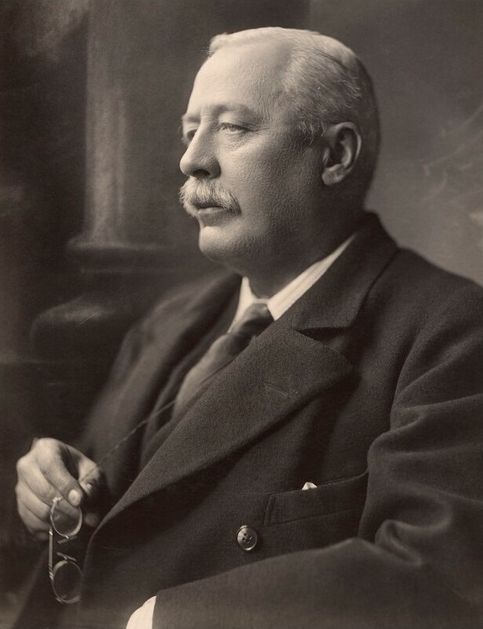
______________________________________________________
[1] “Be my brother, or I’ll kill you.” Nicolas-Sébastien Chamfort’s interpretation of Fraternité ou la mort (“fraternity or death”) [ed.]
[2] One world was too little for the youth of Pellae. [ed.]
[3] “Let him be a god, provided he be not living.” [ed.]

